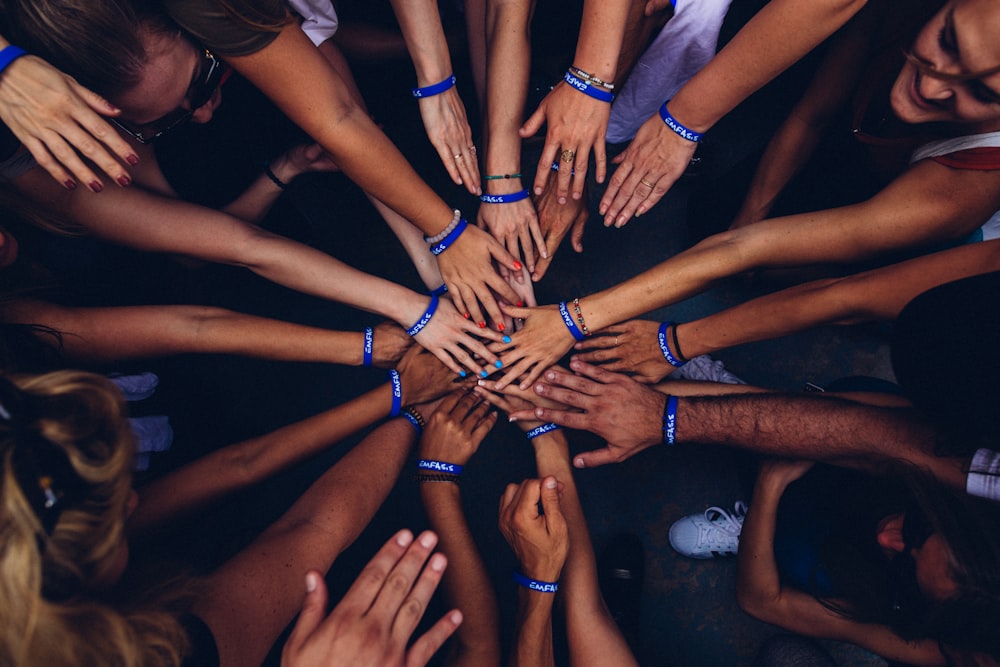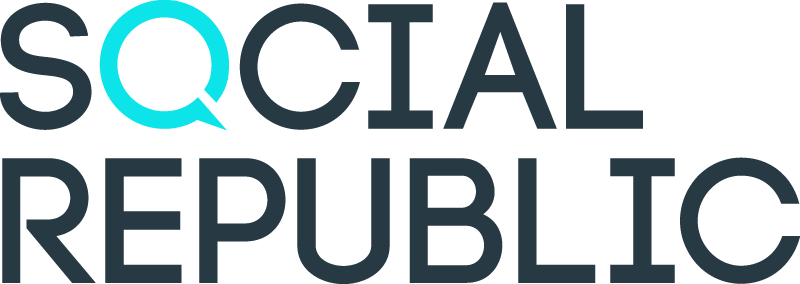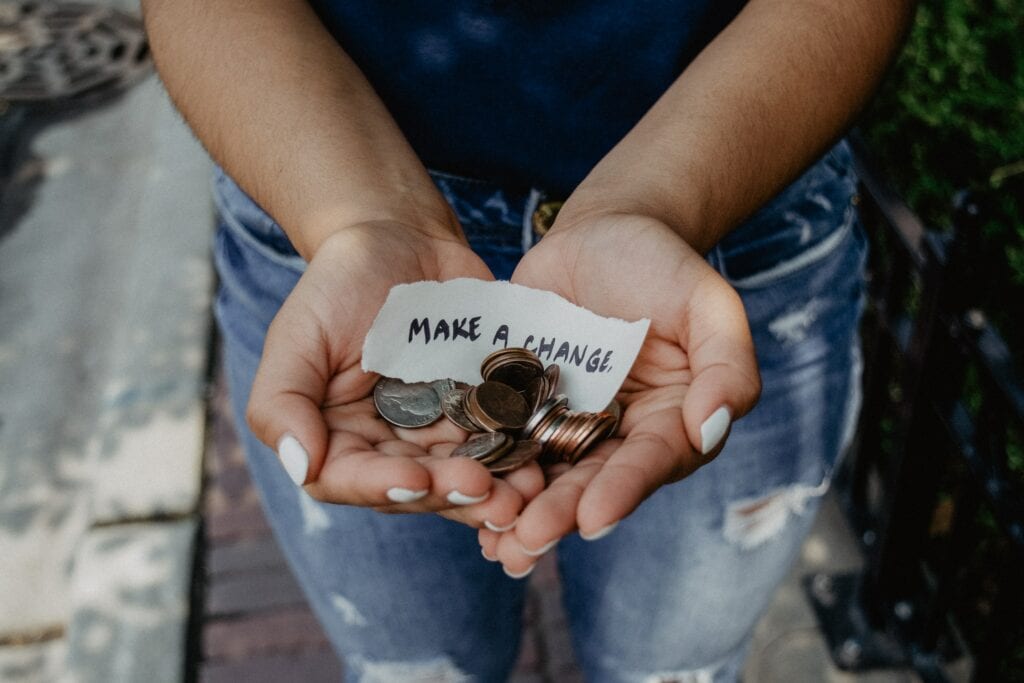Over time, people have become increasingly expectant of brands to act more like charitable organisations. Whether this is in a more sustainable and ethical way or having more of a social impact.
A survey carried out in Europe showed the extent of how many people expect brands to actively contribute to society, with 69% of the UK, 64% of France and 59% of Germany agreeing.
To reach these expectations, brands can draw their inspiration from nonprofits and the ways in which they engage with Facebook users.
Harnessing the power of community

It was no surprise to find out that community was at the core of most non-profits. These organisations are nearly always striving to give back to the communities that they serve. Technology has also had a huge impact on how we define community and now means we can encompass may more people into the picture when we talk about ‘community’. Now, community means shared expertise, passions, beliefs and situations, all increasingly pursued online.
According to recent data, 38% of people surveyed in the UK said that they’d buy a product or service purely based on the experience they had being part of the community that was built around it. Many brands are already connecting with their customers around elements of community; inspire, entertain, celebrate and empower. But the key is to remain authentic. By building stronger connections you have to power to build stronger connections. For some, this may mean reaching out to existing fans to inspire actions, however for another, it may involve creating a brand new campaign that speaks to an underrepresented group within the industry.
Making it personal

Some movements have been started by people who use real moments, such as birthdays, to champion causes and encourage their own friends and family to give back. For example, back in August 2018, over $300 million had been raised for more than 750,000 nonprofits through birthday fundraisers on Facebook.
Brands can also follow in these footsteps and leverage meaningful moments to create social impact. One example could include a brand organising a Facebook fundraiser around a business milestone and encourage donations to support the cause.
Partnering to drive impact

Consumers increasingly want companies and causes to co-align. This is also reflected though into their purchasing behaviour. For example, people surveyed in the UK (61%), France (58%) and Germany (58%) say that it’s important that the products they buy are produced in a sustainable way. Many also said that they would pay more for those products: the UK (47%), France (47%) and Germany (51%).
While a brand could lead their own initiatives, they could also work with a nonprofit to give back. By partnering, both organizations would have the opportunity to reach a wider audience and have more impact.

